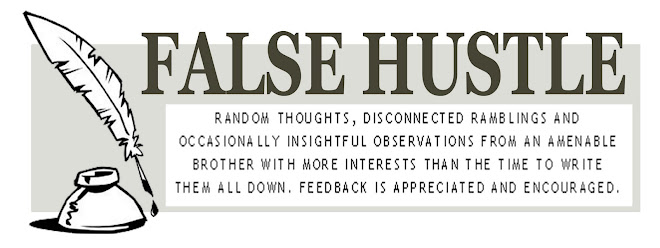 Could America's failed "war on drugs" be sending Ciudad Juarez, Mexico, into a collapse of law and order that resembles Baghdad?
Could America's failed "war on drugs" be sending Ciudad Juarez, Mexico, into a collapse of law and order that resembles Baghdad?The similarities go a long way. Like Iraq, which is rich in oil, Mexico is rich in drugs (either as producer or transporter), and the biggest market for these commodities is in the United States. Both oil and illegal drugs are imported from countries that struggle with unstable political systems. And now, because of a battle for control of the market — either to own the biggest percentage of the flow or to shut it down—we are in a drug war, just as we have found ourselves in a war for oil.
We could learn from history, but how likely is that?
We really should consider our role in all of this. As in Iraq, one war seems to have begotten another.Last year in Juárez, more than 1,300 people were murdered. ...
There is a total breakdown in civil order. To put the death toll in context, in 2007, the bloodiest year of the Iraq war, 904 U.S. servicemen and -women were killed. As in Baghdad or Ramadi or Fallujah, the violence in Juárez has spared no one. Almost everybody I know who lives or does business across the river has a story about a crime he or she experienced, a relative who was kidnapped or a friend who was carjacked. A friend of the family told my uncle that one of her relatives was killed but that, to prevent reprisals, police advised her not to report it as a murder.
UPDATE: Even this weekend, the LA Times reports on the lawlessness of Juarez. I was really struck by this passage: "In a country that each month finds new ways to scare itself with violence, Ciudad Juarez has become emblematic of how nasty things can get.A three-day visit by a pair of Times journalists to the rough-and-tumble factory town, across the border from El Paso, Texas, reveals a fear-struck place where most residents assume -- often correctly -- that the police are crooked and where the government's control of the streets appears tenuous at best.In the Ciudad Juarez of 2008, you don't have to wait long for the next casualty."
.jpg)
No comments:
Post a Comment